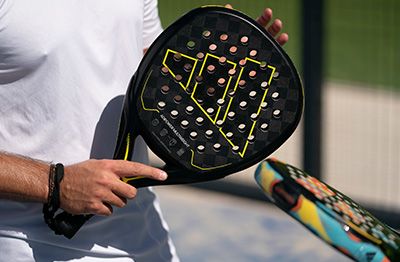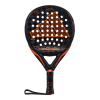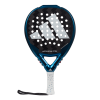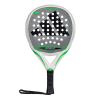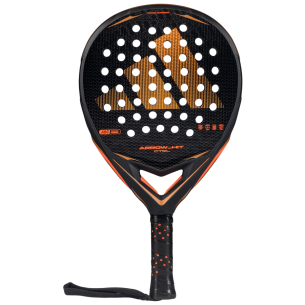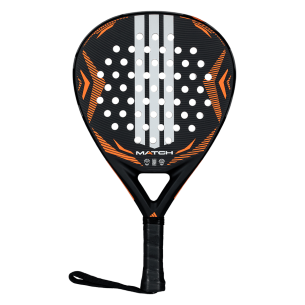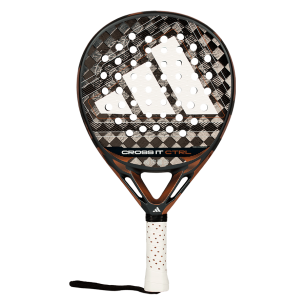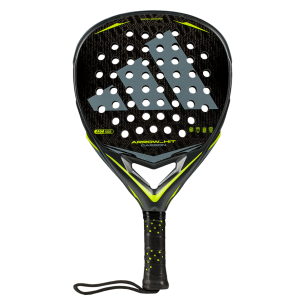
What is pre-season like for professional padel players?
The 2024 season is set to be one of the most demanding in recent years in terms of the number of tournaments and trips around the world. That is why this year’s pre-season prior to the start of the competition is more crucial than ever. Players of the stature of Ale Galán, Marta Ortega, Álex Ruiz and Lorena Rufo are currently getting ready for what’s in store.
The pre-season in padel usually lasts six to eight weeks and is fundamental for the development of the whole campaign. The current high level of demand has led to a rethinking of the model of a few years ago. The time between tournaments is so minuscule that it only allows for recovery and maintenance exercises.
Traditionally, a pre-season has been based on physical work, but many other factors that have an impact on a player's performance must be taken into account. In recent times it has evolved into a truly thorough preparation for the player.
A professional padel player must be surrounded by a multidisciplinary team, made up of a series of specific trainers who are experts in different areas. This should include physical trainers, nutritionists, sports psychologists, physiotherapists and, of course, a medical team that accompanies the professional player throughout the season.
Ver esta publicación en Instagram
Physical and tactical preparation
It is essential to bear in mind that success will only come thanks to a strategically designed physical preparation training plan. A pre-season day for top level players can last up to 12 hours between physical work, court and complementary activities.
The first week is dedicated exclusively to gym sessions and fitness training. The sessions with the physical trainers can last from 90 minutes to two hours and are usually held first thing in the morning. This is one of the hardest parts of the pre-season and sometimes double sessions can be held on the court.
Nowadays, many coaches take into account the variables that can occur in a match, such as the weather (temperature, humidity, wind...), the altitude or the type of court to prepare their training sessions. In this way, they equip the players with the resources to face tournaments in all sorts of conditions.
When planning a session in the preparatory period, priority is often given to physical fitness work. However, it is very important to involve tactical work as well. All aspects of the game are worked on, as good tactical preparation leads to better use of physical qualities. A player who knows how and when to move on the court will make better use of space and save energy when moving.
Ver esta publicación en Instagram
Psychological preparation
Mental health is one of the keys to success for any high-performance athlete. Working with sports psychologists is now a common practice among players on the circuit.
During the season the player lives on an emotional roller coaster and this leads to high levels of stress. Psychological preparation provides them with the tools to insulate themselves from the external pressures they have to deal with. And that allows them to focus on the path to success.
Each player must combat the sabotaging thoughts that invade them at certain stages and that are not positive for the competition. The opinions of the people around us affect our behaviour. It is therefore important that both professional and amateur players who find themselves in this situation work with their sports psychologist to deal with them in an appropriate way.
Ver esta publicación en Instagram
Food and rest
Nutrition is another of the keys to sports preparation. Eating an adequate and healthy diet is fundamental and, for this reason, the role of nutritionists is extremely important in elite sport.
As for rest, the aim is to find a balance in physical work to improve the effectiveness of training and not to fatigue the players. The health of the athlete must be taken into account. To do this, we must prioritise optimal recovery after each session and keep this in mind when planning the next one. In this way we will have a good distribution of the loads to avoid overtraining.
Sleep is one of the most important parts of rest. Sleeping more than seven hours is one of the first commandments in this regard. Of course, working with physiotherapists is essential, not only to overcome injuries, but also to be able to keep up with the pace demanded by the calendar.
